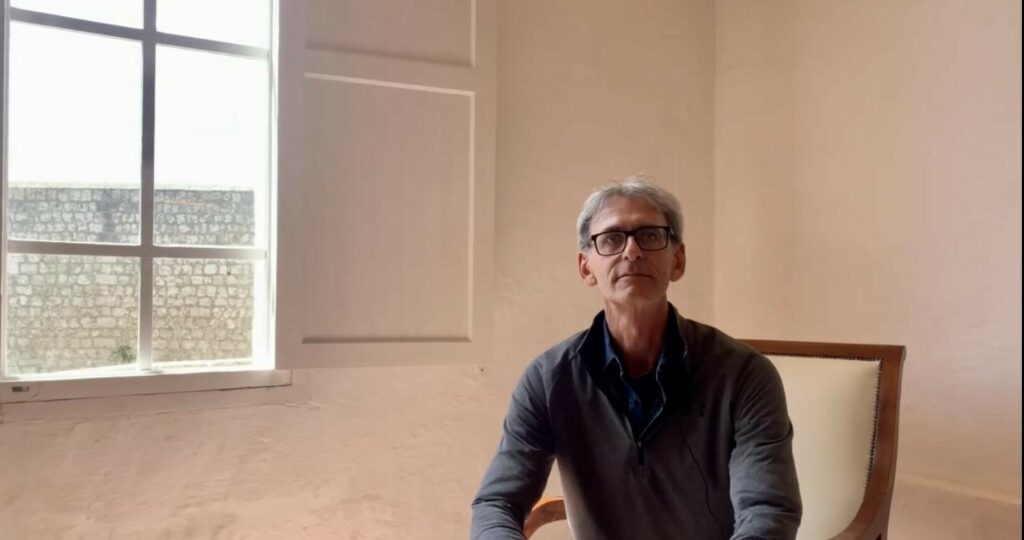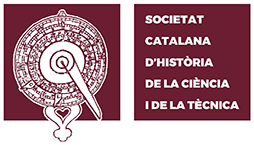Interview with Mark Honigsbaum
“Infectious diseases aren’t just something from the past”
Interview with Mark Honigsbaum by Lubna Shaheen Abdul Parveen and edited by Júlia Massó.
Mark Honigsbaum is a writer and journalist specialising in the history and science of infectious disease and a regular contributor to The Observer and The Lancet. Alongside writing for popular audiences, he is a medical historian whose articles have been published in Medical History, the Social History of Medicine and the History and Philosophy of the Life Sciences. Prior to becoming an academic researcher, he enjoyed a long career as an investigative reporter and feature writer at newspapers such as the Evening Standard, The Independent on Sunday, The Observer and The Guardian. He currently podcasts at Going Viral and produces animations for museums and web-based educational platforms, such as the TED-ED.
During the 11th edition of the Spring School on History of Science and Popularisation organised by SCHCT and IME, the SCHCT interviewed him about his work and science communication.

The goal of the 11th edition of the Spring school was to tackle the challenges of epidemics and infectious disease under the title “Pandemic pasts, pandemic futures. Sources, histories, imaginations”. Mark, can you briefly summarise the oral presentation you gave?
First, the theme of this conference is Pandemic Pasts, Pandemics Future. Historians, by definition, study the past; we are not often asked to discuss the future. Indeed, most medical historians don’t like being asked “what lessons should we learn from this pandemic?”. We resist giving lessons, though, as medical historians, we do sometimes write prescriptions! One interesting thing about this pandemic is the way it has challenged medical historians to interrogate their research questions and methodologies. What we have seen during this pandemic is a confirmation of a lot of things we have seen in other pandemics. So, pandemics act as natural experiments that reveal underlying social pathologies and disparities of health. They make evident the social and political crises that are always there beneath the surface.
Also, during your presentation you mentioned your new book The Pandemic Century: One Hundred Years of Panic, Hysteria, and Hubris. Can you tell us about it?
The presentation I gave besides following this theme focuses on a book I wrote, The Pandemic Century, which examined nine pandemics of the modern period – ten if you inlcude the chapter on Covid I added in the paperback edition. One thing I have learned living through Covid is that pandemics are not just transient moments in history but events whose impacts can span epochs. What’s extraordinary about Covid-19 is it has affected the whole world at the same time and it has been followed on social and other media in real time. Other pandemics, such as the 1918-1919 Spanish Influenza, were also universal global events but the difference is that in 1918 many people didn’t realise that they were in the midst of the pandemic because it wasn’t widely reported and there was very little medical messaging.
To read the entire interview click here.
